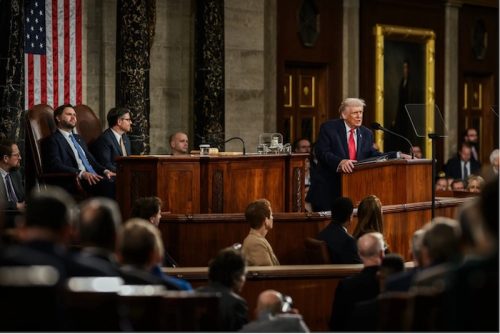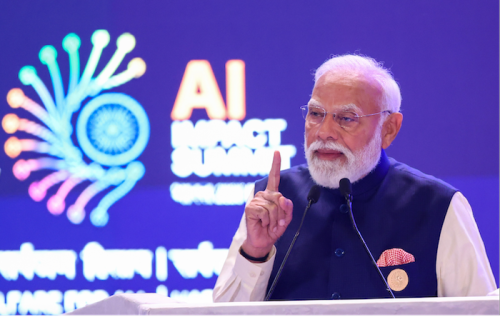Determining the 3D shapes of biological molecules is one of the hardest problems in modern biology and medical discovery. Companies and research institutions often spend millions of dollars to determine a molecular structure – and even such massive efforts are frequently unsuccessful.
Using clever, new machine learning techniques, Stanford University PhD students Stephan Eismann and Raphael Townshend, under the guidance of Ron Dror, associate professor of computer science, have developed an approach that overcomes this problem by predicting accurate structures computationally.
Most notably, their approach succeeds even when learning from only a few known structures, making it applicable to the types of molecules whose structures are most difficult to determine experimentally.
Their work is demonstrated in two papers detailing applications for RNA molecules and multi-protein complexes, published in Science on Aug. 27, 2021, and in Proteins in December 2020, respectively. The paper in Science is a collaboration with the Stanford laboratory of Rhiju Das, associate professor of biochemistry.
The algorithm designed by the researchers predicts accurate molecular structures and, in doing so, can allow scientists to explain how different molecules work, with applications ranging from fundamental biological research to informed drug design practices.
The article was originally published at Stanford.
The Boston Global Forum (BGF), in collaboration with the United Nations Centennial Initiative, released a major work entitled Remaking the World – Toward an Age of Global Enlightenment. More than twenty distinguished leaders, scholars, analysts, and thinkers put forth unprecedented approaches to the challenges before us. These include President of the European Commission Ursula von der Leyen, Governor Michael Dukakis, Father of Internet Vint Cerf, Former Secretary of Defense Ash Carter, Harvard University Professors Joseph Nye and Thomas Patterson, MIT Professors Nazli Choucri and Alex ‘Sandy’ Pentland, and European Parliament Member Eva Kaili. The BGF introduced core concepts shaping pathbreaking international initiatives, notably, the Social Contract for the AI Age, an AI International Accord, the Global Alliance for Digital Governance, the AI World Society (AIWS) Ecosystem, and AIWS City.










